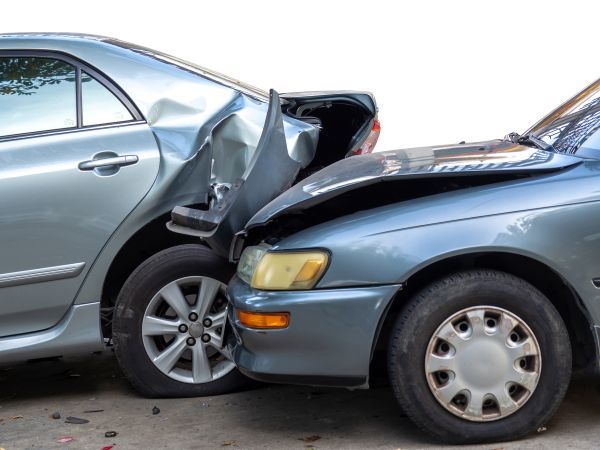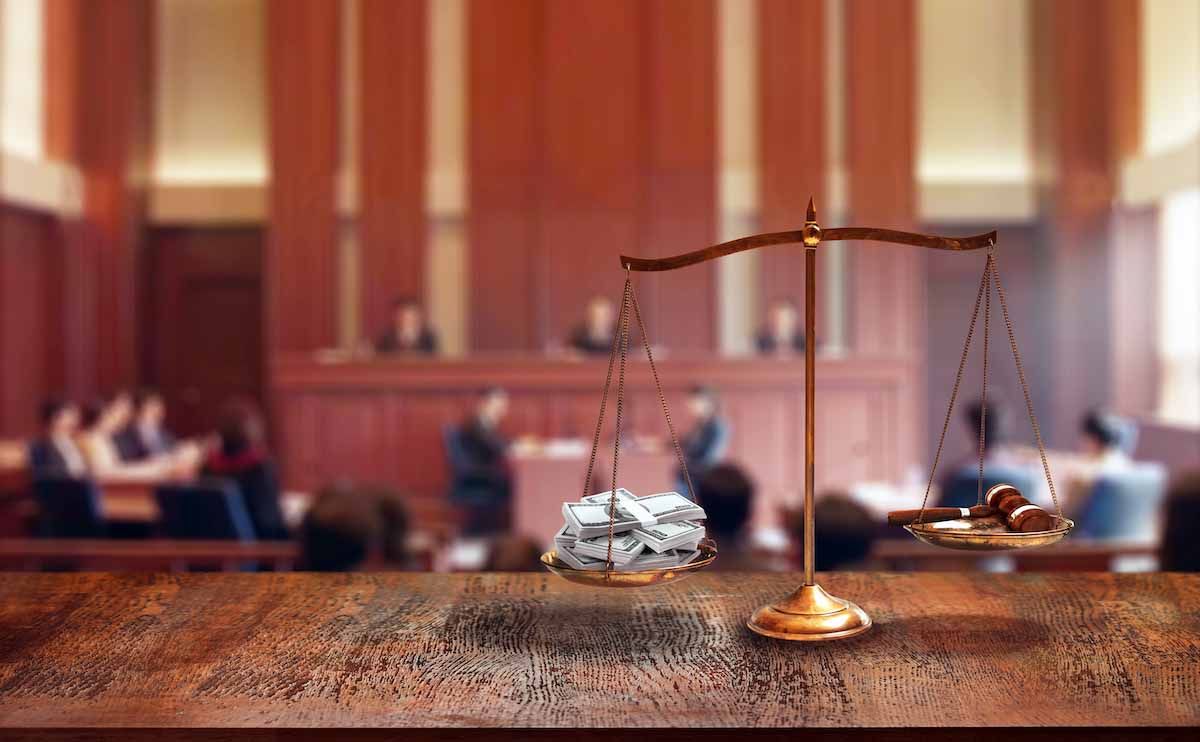Gathering Evidence for a Pain and Suffering Claim
When you’re injured in an accident, the impact doesn’t stop at the scene of the incident. Bills pile up, missed work creates stress, and the emotional toll can cut deep. Living in constant pain, sleepless nights, or the weight of not being able to live life the way you used to, all of that matters. That’s why you have the right to file a pain and suffering claim. It gives you a way to seek recognition for the human cost of your injury, not just the financial one.
However, emotional damages and the long-term toll of pain are more challenging to prove than economic damages. Unlike a hospital invoice or a pay stub, a pain and suffering claim doesn’t come with a specific dollar amount attached. So how do you prove it? The answer is evidence.
The more proof you have, including records, photos, and testimony, the harder it is to dismiss what you’ve gone through. While that may sound like a lot to take on, especially while you’re still trying to heal, we’ve put together this guide to help you understand what needs to be done.
Medical Records
Imagine trying to prove you have a broken bone without any test results to back up your claim. Chances are, the insurance company won’t take you seriously, and it’s no different when you’re trying to prove you’re in pain. That’s where medical records can help. They’re the backbone of a pain and suffering claim because they provide clear, official proof that you’ve been hurt and that the pain hasn’t gone away.
Every doctor’s visit, every prescription, and every physical therapy session tells part of your story. Together, they create a timeline of what you’ve been through. If you’ve kept up with follow-up care and treatment, it shows consistency. It says, “This isn’t a one-time complaint; this is ongoing.” Insurers can’t ignore that.
Mental health records also carry weight. Maybe you’ve been seeing a counselor because of anxiety, depression, or trauma stress linked to your injury or accident. Their notes show that the impact hasn’t just been physical and make it harder to argue that your suffering is minor or exaggerated.
The bottom line is, without medical records, unfortunately, your claim of pain is just words on a page. With them, however, you have proof documented by a professional. When you’re fighting for fair compensation, that proof can make all the difference.
Personal Journals, Photographs, and Witness Statements
Medical records cover the clinical side of things, but they don’t capture your day-to-day reality. Think about the nights that you’ve been unable to sleep, the family events you’ve had to miss, or the simple tasks that suddenly feel overwhelming or impossible. Your personal records will help document all of that.
A journal may seem like an insignificant item, but the things you’ve written can add depth to your pain and suffering claim. Writing down your pain levels, frustrations, and limitations creates a picture of what you’re living through. A note about how hard it was to walk across the room one morning or how discouraging it felt to miss your child’s game can be powerful.
Photographs can speak loudly too. A swollen ankle, a surgical scar, or even a ramp built onto your home tells a story without words. These images give weight to your claim in ways that a medical report never could because they show, in real time, how your life has changed.
Don’t discount the experiences of the people around you, either, as your family, friends, and coworkers may notice changes too. Maybe a coworker has seen you struggle with tasks you once did easily. Maybe your spouse has noticed a shift in your mood or personality. Their words can confirm what you have documented, giving your pain and suffering claim a stronger foundation.
On your own, this kind of evidence can be frustrating and daunting to organize and present. Experts like the team at Warren Allen LLP will help you make sure your personal proof is handled in a way that supports the bigger picture of the extent of your injury.
Expert Testimony
Now, picture yourself in front of an insurance adjuster who isn’t convinced. While your medical records and journals are important, sometimes they want more. Expert testimony backs up your evidence and brings authority, translating your pain and suffering into more professional terms that carry more weight.
For example, a doctor might explain how your injury will likely affect you for years to come. A psychologist could break down how trauma or depression tied to the accident affects your daily life. These voices don’t just support your story; they validate it from a professional perspective.
Other experts may step in, depending on your situation. A vocational specialist can explain how your injury limits your ability to do your job. A life care planner might outline what accommodations you’ll need down the road. These testimonies make the effects of your injury harder to dispute, since they come from people whose job is to analyze and explain them.
Expert testimony doesn’t replace your experience, though; it amplifies it. It shows that what you’ve been saying all along is backed up by people trained to assess the long-term impact of injuries. And with guidance from seasoned attorneys, you can be sure the right experts are brought in to strengthen your claim.
You Deserve Compensation
A pain and suffering claim is about making sure the suffering you’ve endured doesn’t get brushed aside just because it’s harder to measure than a medical bill. Records show the medical side of your story, your journals and photos highlight the personal toll, witnesses confirm that others see it too, and experts tie it all together with authority that supports your claim. Gathering all this proof takes effort, and it can feel daunting on top of everything else you’re going through, but you don’t have to do it alone. With the right guidance from an experienced law firm like Warren Allen LLP, the right support, and the right evidence, your pain and suffering claim has a far better chance of being recognized as a reflection of the challenges you’ve carried and the justice you deserve.









